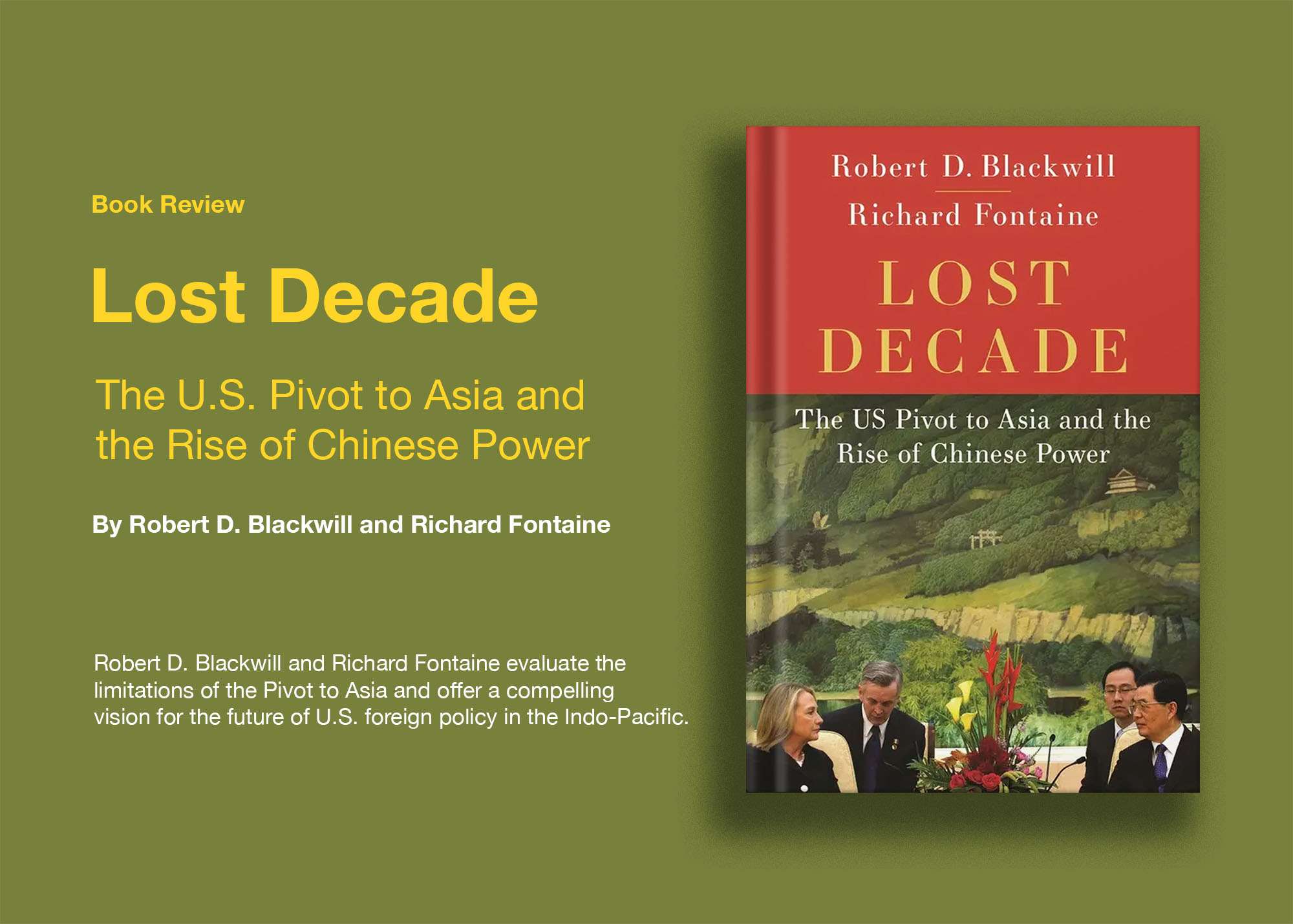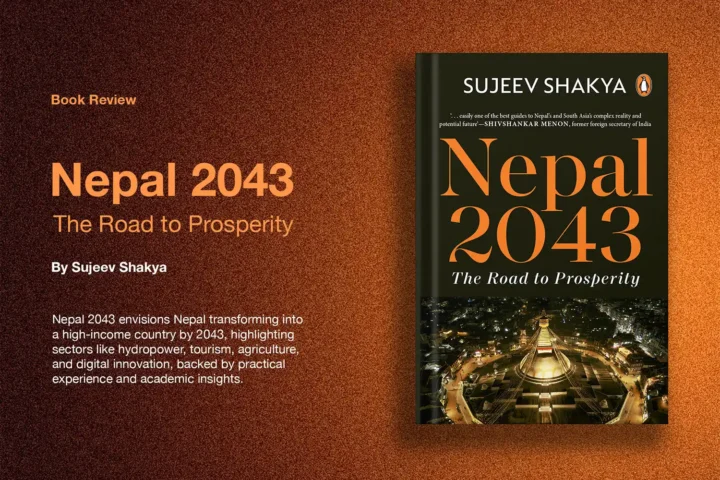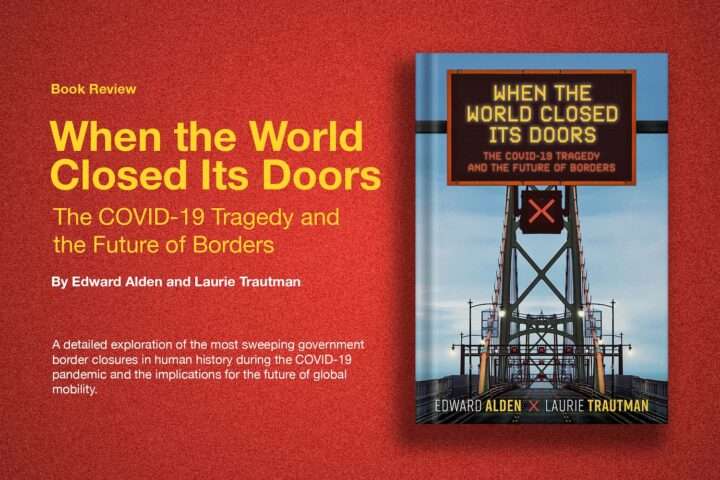In 2011, a significant shift in U.S. foreign policy was heralded by then-Secretary of State Hillary Clinton, marking a “Pivot to Asia.” This strategic realignment, endorsed by President Barack Obama in a speech to the Australian Parliament, aimed to prioritize Asia over Europe in U.S. foreign policy for the first time in history.
However, in “Lost Decade: The U.S. Pivot to Asia and the Rise of Chinese Power,” authors Robert D. Blackwill and Richard Fontaine argue that this pivot never fully materialized. Despite the strategic imperatives of balancing China’s rising power and leveraging Asia’s economic dynamism, the authors contend that the U.S. failed to effectively shift its focus. Meanwhile, China deepened its regional influence, becoming the principal trading partner for most Asian nations and increasing their susceptibility to economic coercion.
Blackwill, affiliated with the U.S. Council on Foreign Relations, and Fontaine, from the Center for a New American Security, analyze the period from 2011 to 2021, which they term the “Lost Decade.” They assert that during this decade, covering both the Obama and Trump administrations, the U.S. position in Asia weakened significantly. They rank the failure to pivot among the top three U.S. foreign policy missteps since World War II, alongside the Vietnam War escalation and the 2003 invasion of Iraq.
The book underscores the perceived American lack of resolve, particularly highlighted by inaction when China constructed and militarized artificial islands in the South China Sea. The credibility of U.S. deterrence further eroded as presidential “red lines” in the Middle East were crossed without consequence.
Blackwill and Fontaine dissect the pivot’s three main pillars: military reallocation, economic integration, and diplomatic engagement. The anticipated military shift from the Middle East to Asia was hampered by ongoing conflicts in Iraq and Afghanistan and a substantial $500 billion defense budget cut. The economic component, embodied by the Trans-Pacific Partnership (TPP), faltered as negotiations stalled and both 2016 presidential candidates disavowed the deal. The diplomatic efforts were inconsistent, with active engagement under Secretary Clinton followed by a focus on other regions under Secretary Kerry. Additionally, the pivot lacked a unifying event or presidential commitment to drive its implementation.
The authors also critique the mismanagement of the pivot strategy, which ironically had bipartisan support. They point out the absence of a coordinated inter-agency process in the U.S. government and a lack of consultation with international allies, leading to confusion and resistance, particularly from Europe and parts of Asia.
China’s reaction to the pivot, despite its limited execution, was to ramp up its military capabilities, significantly altering the strategic balance in the South China Sea and Taiwan. It wasn’t until the Trump administration’s 2017 National Security Strategy that China was formally recognized as a “strategic competitor,” although this recognition did not translate into effective policy changes.
The book acknowledges the Biden administration’s efforts to reinvigorate a “partial Pivot” through initiatives like the AUKUS partnership and strengthened ties with Asian nations. However, it remains skeptical about the long-term prospects, given the American public’s wariness of international engagements and ongoing global crises.
“Lost Decade” provides a meticulous and persuasive narrative of missed opportunities and strategic missteps. For readers who experienced this pivotal era, the book offers a detailed and well-organized account, emphasizing the importance of understanding these dynamics as the U.S. navigates future international challenges. It is an essential read for anyone interested in global affairs and U.S. foreign policy.



